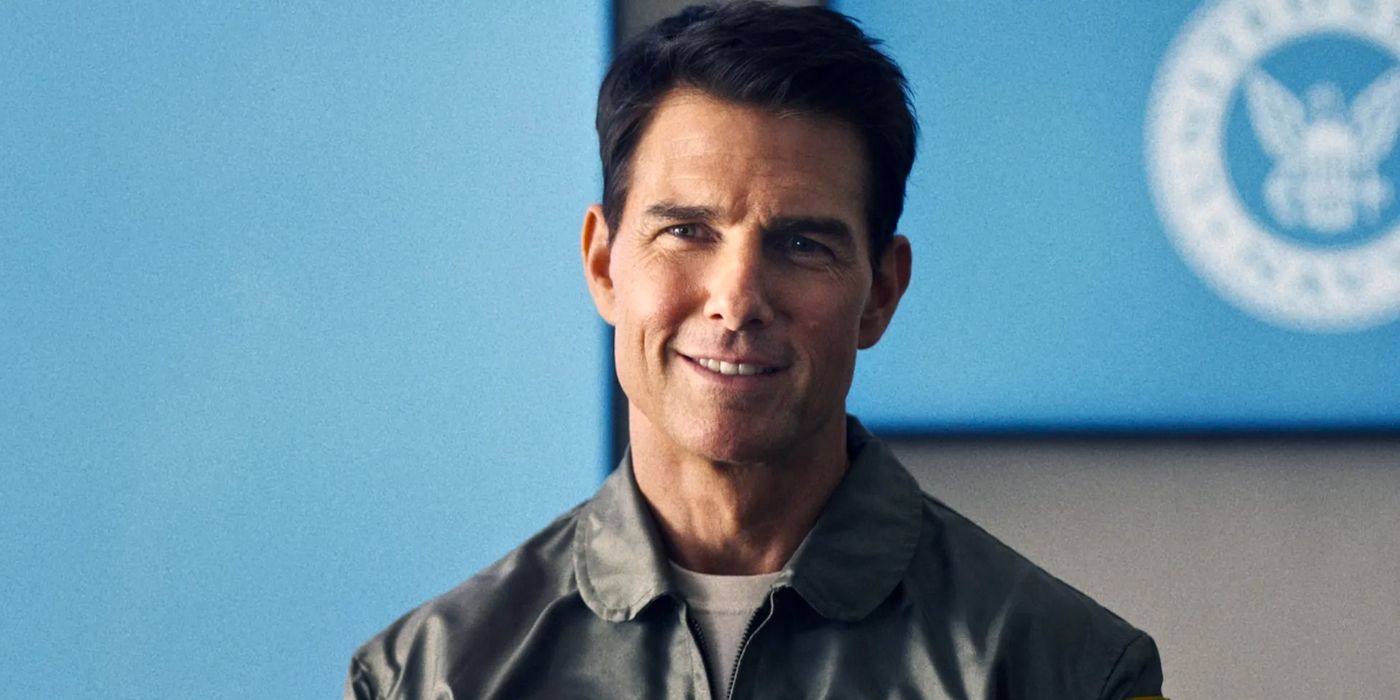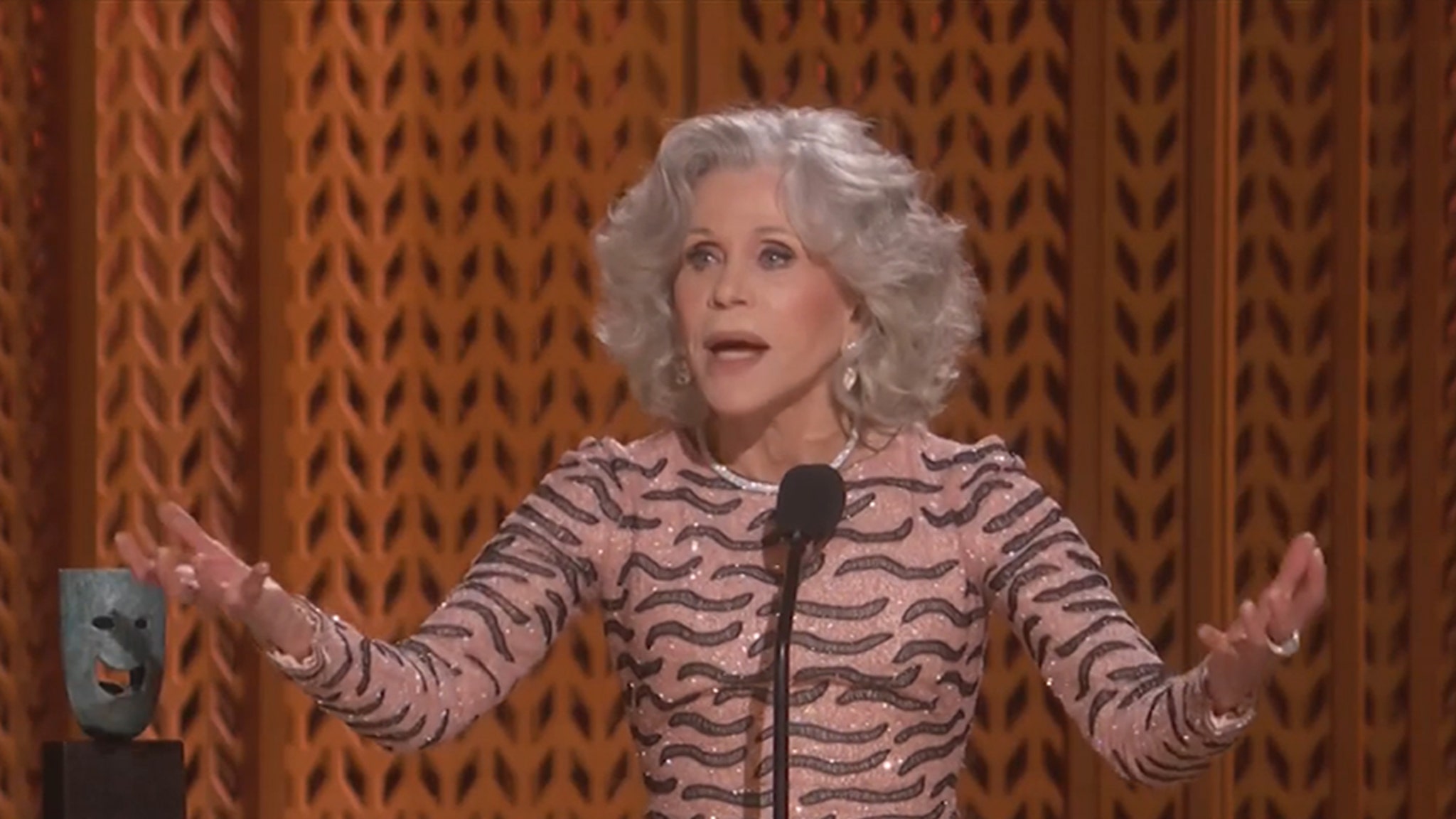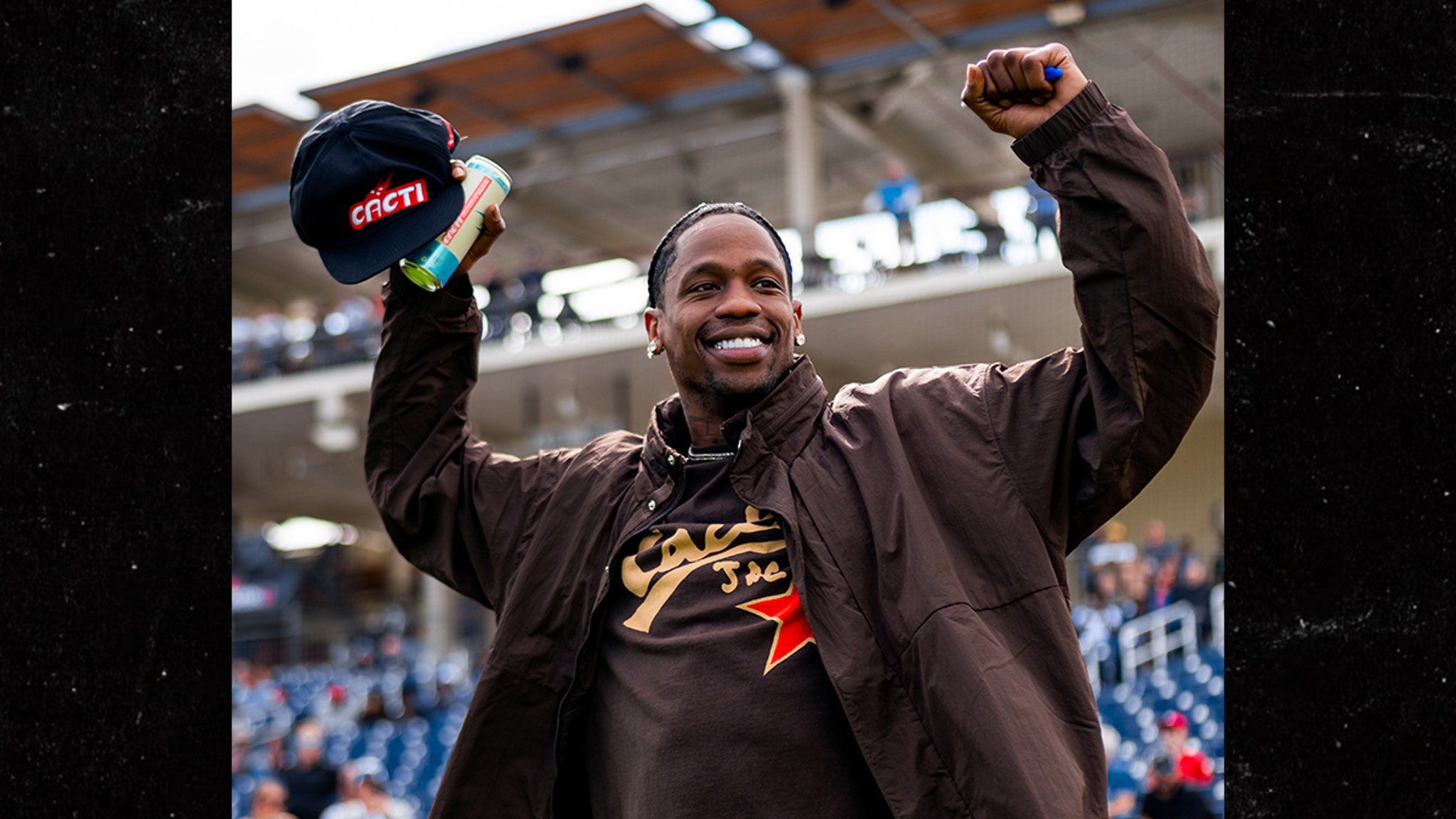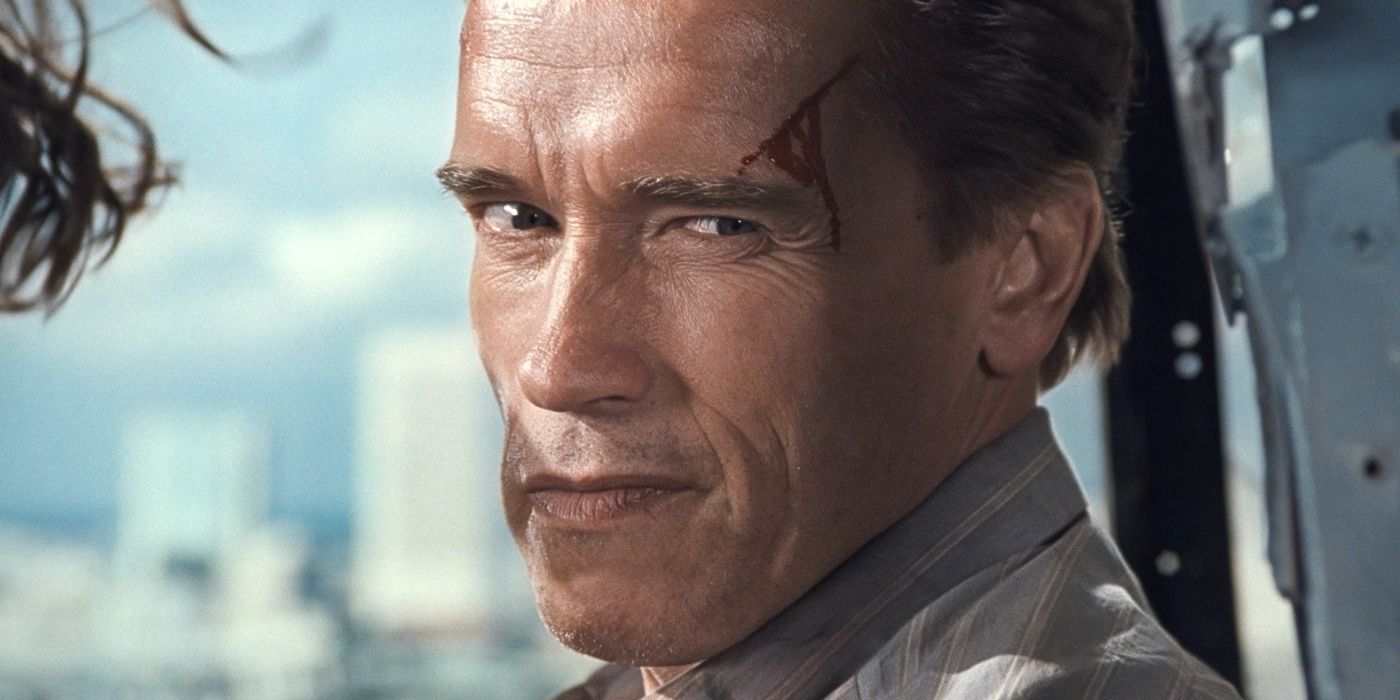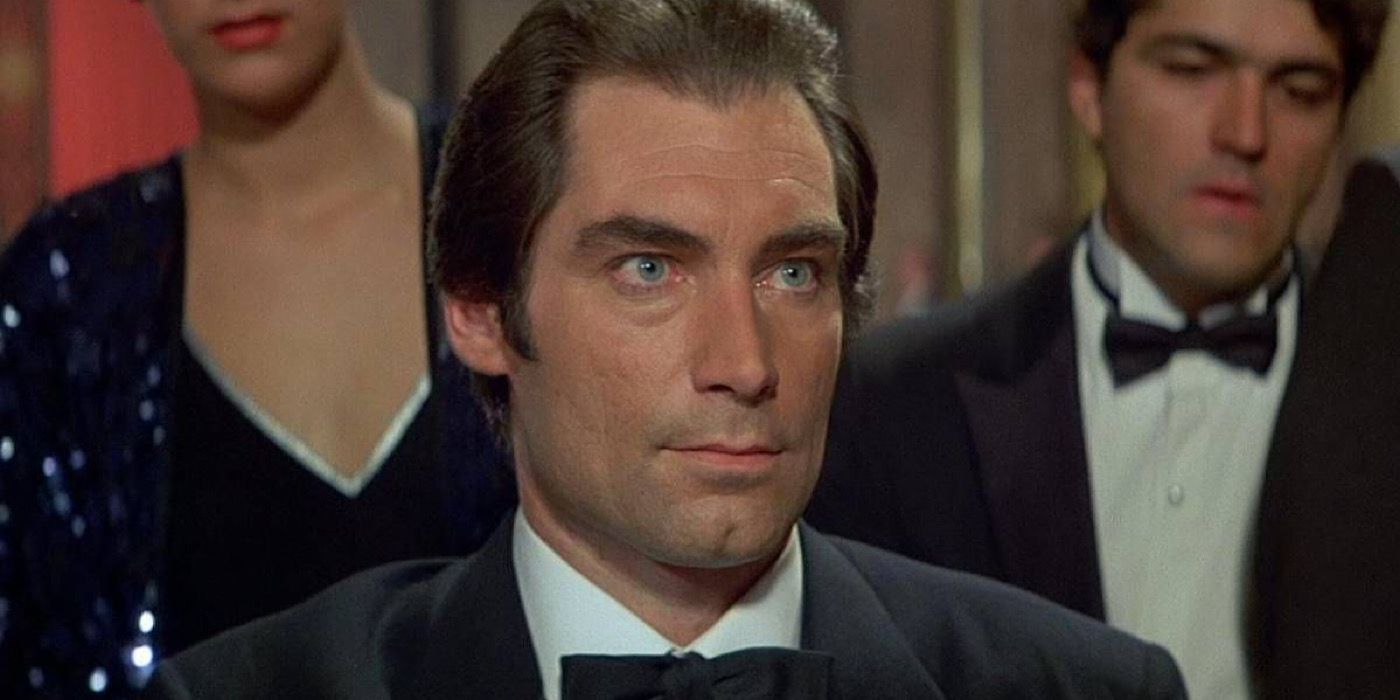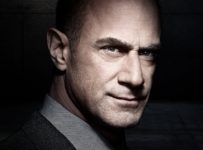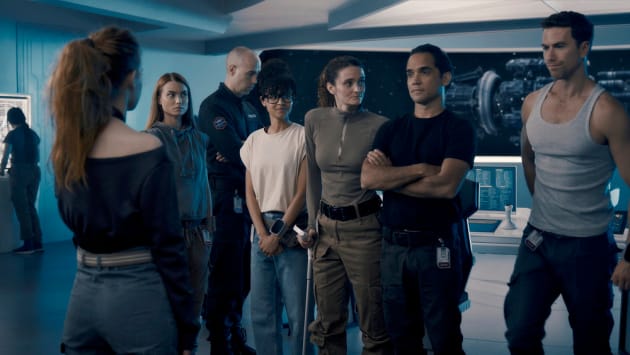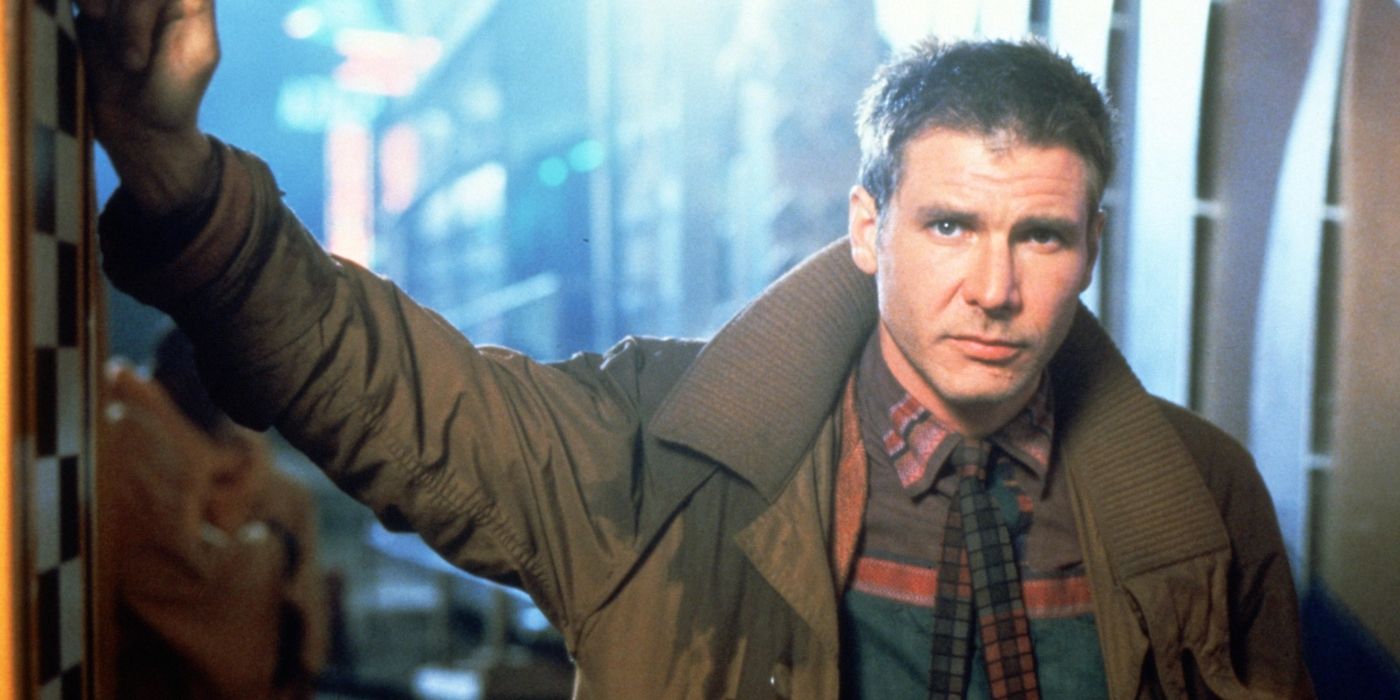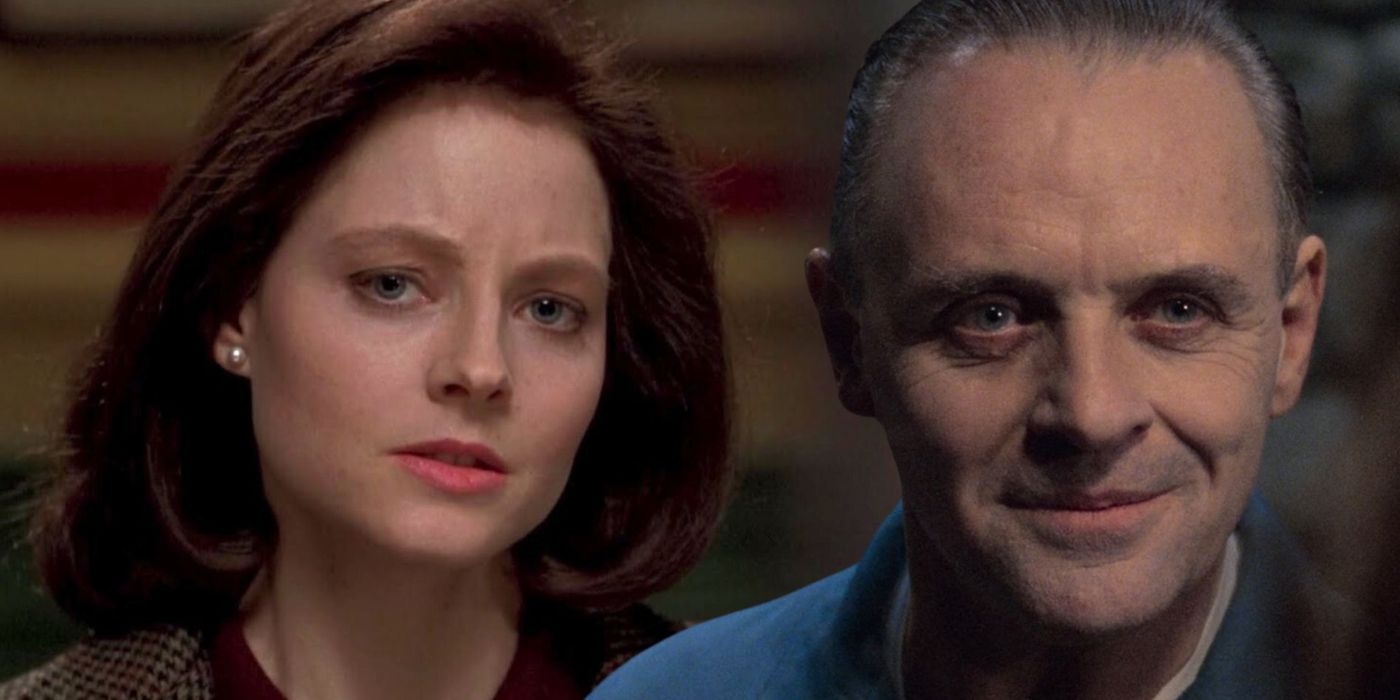
Nearly 35 years after its release, Jonathan Demme’s sweeping Academy Award masterpiece The Silence of the Lambs remains one of the best movies ever recorded. The psychological crime thriller is still the third in history and the last movie to win the Oscar Awards’ Big Five – including Best Picture, Director, Actor, Actress, and Original Screenplay. Of course, the Best Actor honor was given to Anthony Hopkins, who brilliantly played Dr. Hannibal Lecter with chilling menace and highly intelligent guile.
Yet, Hopkins’ indelible turn could have been much different had Demme kept one emotional scene involving Dr. Lecter and FBI Agent Clarice Starling (Jodie Foster) in the film. As it is, Lecter functions as an enigmatic cipher who taunts and teases Clarice with crucial intel on serial killer Buffalo Bill, hinting at his humanity through the connection he fosters with the naive FBI agent. However, the deleted scene involving Lecter telling Clarice how to catch the killer shines a much different light on the cannibalistic villain and makes him more sympathetic.
What Is ‘The Silence of the Lambs’ About?
The Silence of the Lambs
Release Date
February 14, 1991
Runtime
118 Minutes
As a refresher for the uninitiated, The Silence of the Lambs is a landmark American crime horror/thriller movie that won The Big Five at the Academy Awards, marking the third time in history after It Happened One Night (1934) and One Flew Over the Cuckoo’s Nest (1975). With top-tier direction by the late great Jonathan Demme, the story concerns novice FBI Agent Clarice Starling (Foster), tasked with catching a serial killer known as Buffalo Bill (Ted Levine).
With few clues to go on other than a female abduction and scalping and skinning M.O., Clarice is told to interview Dr. Hannibal “The Cannibal” Lecter (Hopkins), who is in jail for eating people alive (or dead). From the moment the two meet, a strange kindred bond is formed between Lecter and Clarice, with the latter sensing the former’s psychological makeup due to his years as a deeply perceptive psychiatrist.
As Lecter dolls out hints and clues regarding Buffalo Bill’s true identity and whereabouts, Clarice is both drawn to and repulsed by his psychological methods. Fortunately, Clarice is smart enough to suss proper clues from Lecter’s notes and begins to piece the case together, resulting in a genuinely unsettling showdown between Clarice and Bill.
The Ending of ‘The Silence of the Lambs’
The brilliance of Hopkins’ Oscar-winning performance as Lecter is how he marries the abject scariness with ultra-sophistication. The violent with the vulnerable. The malevolent with the benevolent. From moment to moment, he’s either gorily chewing a prison guard’s nose off or chalking elegant charcoal paintings. He’s either terrifying Clarice with his snake-like slithering about “Chianti” or basking in classical music alone in a moving, meditative trance.
Yet, Hopkins leaves enough mystery in the character that he remains an enigmatic cipher who gives wise advice and punishing insults in equal measure, fostering a bizarre relationship with Clarice built on the shared pain of their pasts. As for Demme, he ensured that neither too much nor too little humanity radiated from Lecter’s behavior and florid monologues, giving the character the proper balance of terrifying menace and unexpected warmth when needed.
Related
All Anthony Hopkins Horror Movies, Ranked
Anthony Hopkins is easily recognizable for his role as the iconic Hannibal Lecter, but which of his horror movies is the best?
After helping Clarice catch Buffalo Bill, his moral goodness is quickly subdued by his hyper-violent prison escape, again highlighting the character’s insatiable malevolence. Few images are scarier than watching the movie’s final shot of Lecter disappearing into a crowd of walkers in a foreign land after telephoning Clarice and giving her a fond farewell, knowing he’s free to repeat his cannibalism unchecked. However, the ending would have a much different timbre had Demme kept Lecter’s tearfully sympathetic monologue inside his prison cell.
Lecter’s Deleted Monologue Would Have Changed His Character
In a tour-de-force piece of acting that alone would have earned an Oscar, a deleted scene from The Silence of the Lambs occurs in Lecter’s jail cell. Beginning with his back to the camera, Lecter slowly pirouettes and tearfully spouts:
“Listen carefully because I will not repeat this. You’re trying to obtain a list of males rejected by all three gender centers. Check first for the ones having lied about criminal records. Look for severe childhood disturbances associated with violence. How Billy wasn’t born a killer, Clarice. Oh, no. He was made one through years of systematic abuse.
Go to the personality tests. Study their drawings. Billy’s houses will be very small with tiny windows, no flowers, no pets, no toys, no sun. And his females will be even more crudely sketched than his males. But he will compensate with exaggerated adornments, jewelry, big breasts.”
He continued, “And then his trees. Oh yes, Clarice. His trees will be frightful. How Billy hates his own identity, you see. He always has. And he thinks that makes him a transsexual. But his pathology is a thousand times more savage and more terrifying. He wants to be reborn, you see. How Billy wants to be reborn, Clarice. And he will be reborn.”
Related
10 Forgotten 2000s Horror Movies Most People Haven’t Heard Of
The 2000s was a transitionary era for the horror genre, leading to many underrated gems being lost to time.
The unbroken take lasts nearly two minutes, with Demme slowly pushing into Lecter’s face as the monologue increases intimacy. Hopkins remains on screen while delivering the entire speech, visibly shaken with tears welling up and pouring from his eyes in the gloomy shadows. Halfway through the speech, Lecter’s face moves from shadowy darkness to a soft, warm glow, visually reinforcing his emotional state. It’s a stunning piece of film acting that is arguably stronger than any scene Hopkins has in the finished film. It’s so good that viewers can hear Demme immediately say, “Cut and print it. That was super-duper-duper-duper-duper [good]…”
Thanks to Hopkins’ unparalleled movie performance, it doesn’t take much to realize that his deleted monologue refers to Lecter’s own abusive past. While he may not have transgendered preferences, Hopkins delivers the speech in such a way that viewers can tell Lecter is the one who hates his identity and wants to be reborn, something he ultimately achieves once he escapes from prison and begins life anew in a foreign country in the movie’s final scene.
While it must have been unfathomably difficult for Demme to leave the scene on the cutting room floor, it turned out for the best. Had it remained, too much humanity and sympathy would have been felt for Lecter. It’s important to remember that, despite the kindred allyship between Clarice and Lecter, the latter is a barbarous cannibal, and the movie is meant to foster more sympathy and empathy for Clarice than Lecter. Keeping the scene in, brilliantly performed as it is, would have completely altered Lecter’s character and made viewers feel for him more than intended. The Silence of the Lambs is streaming on Apple TV, Google Play, and Prime Video.
You can view the original article HERE.

